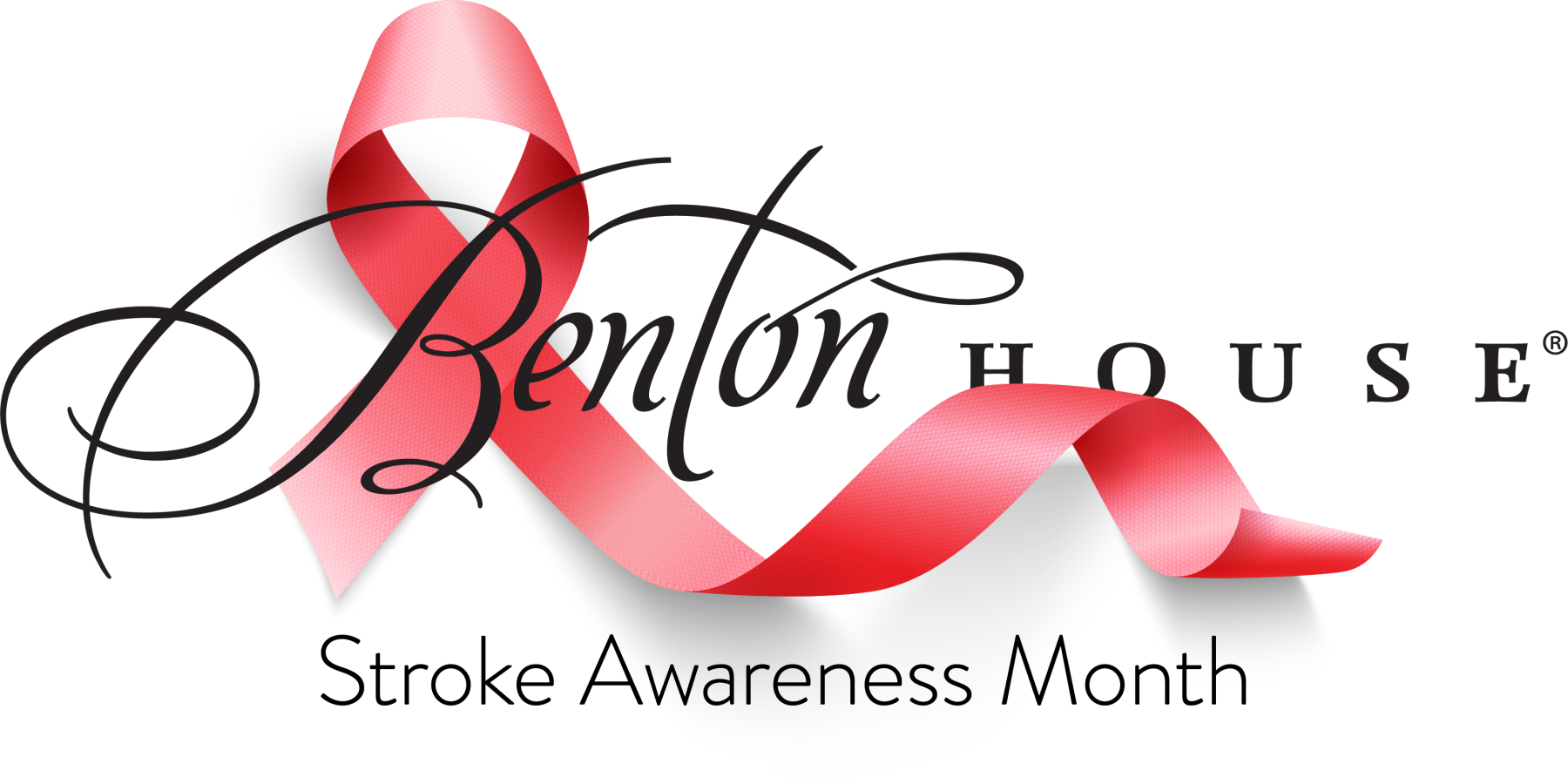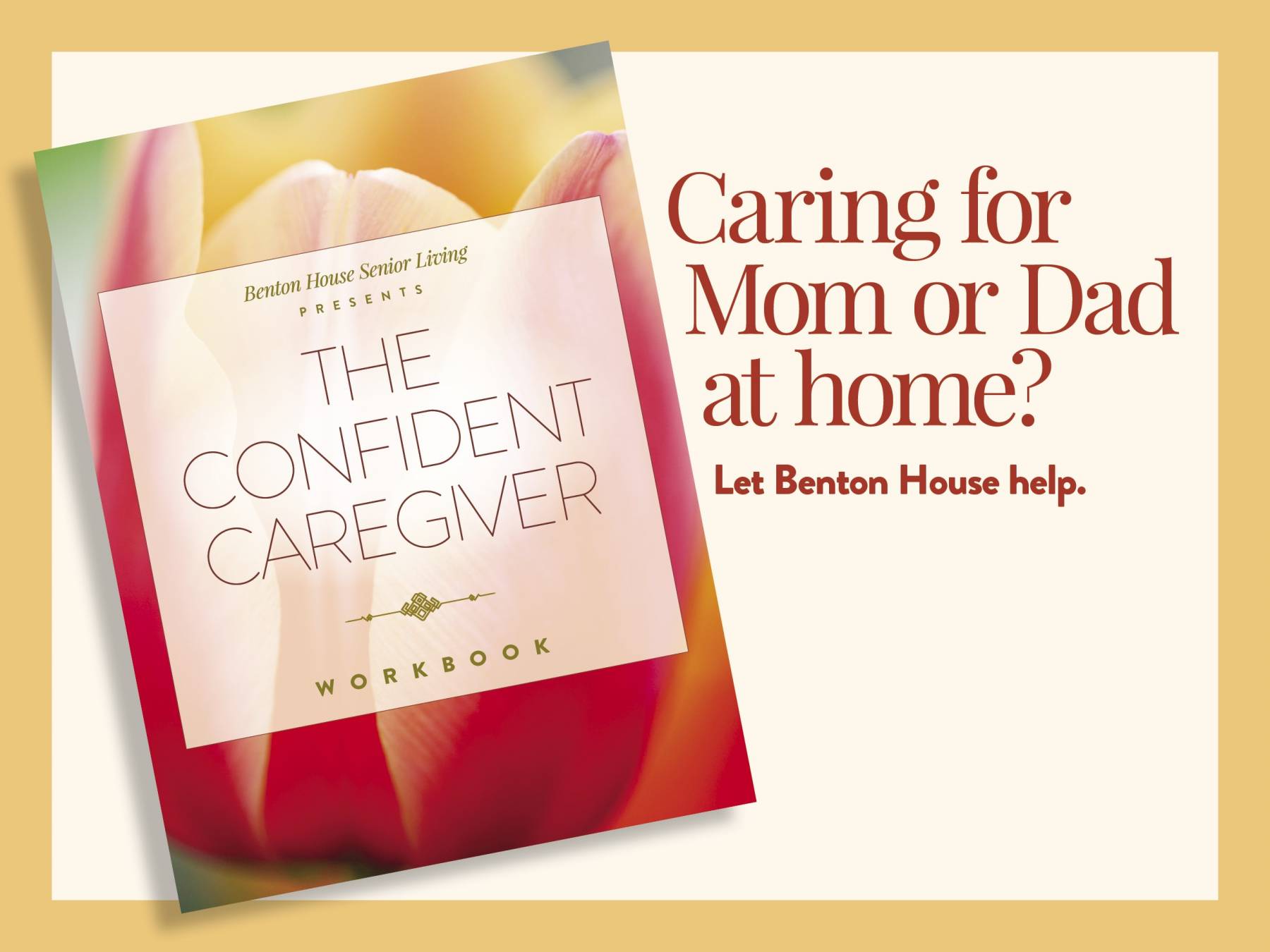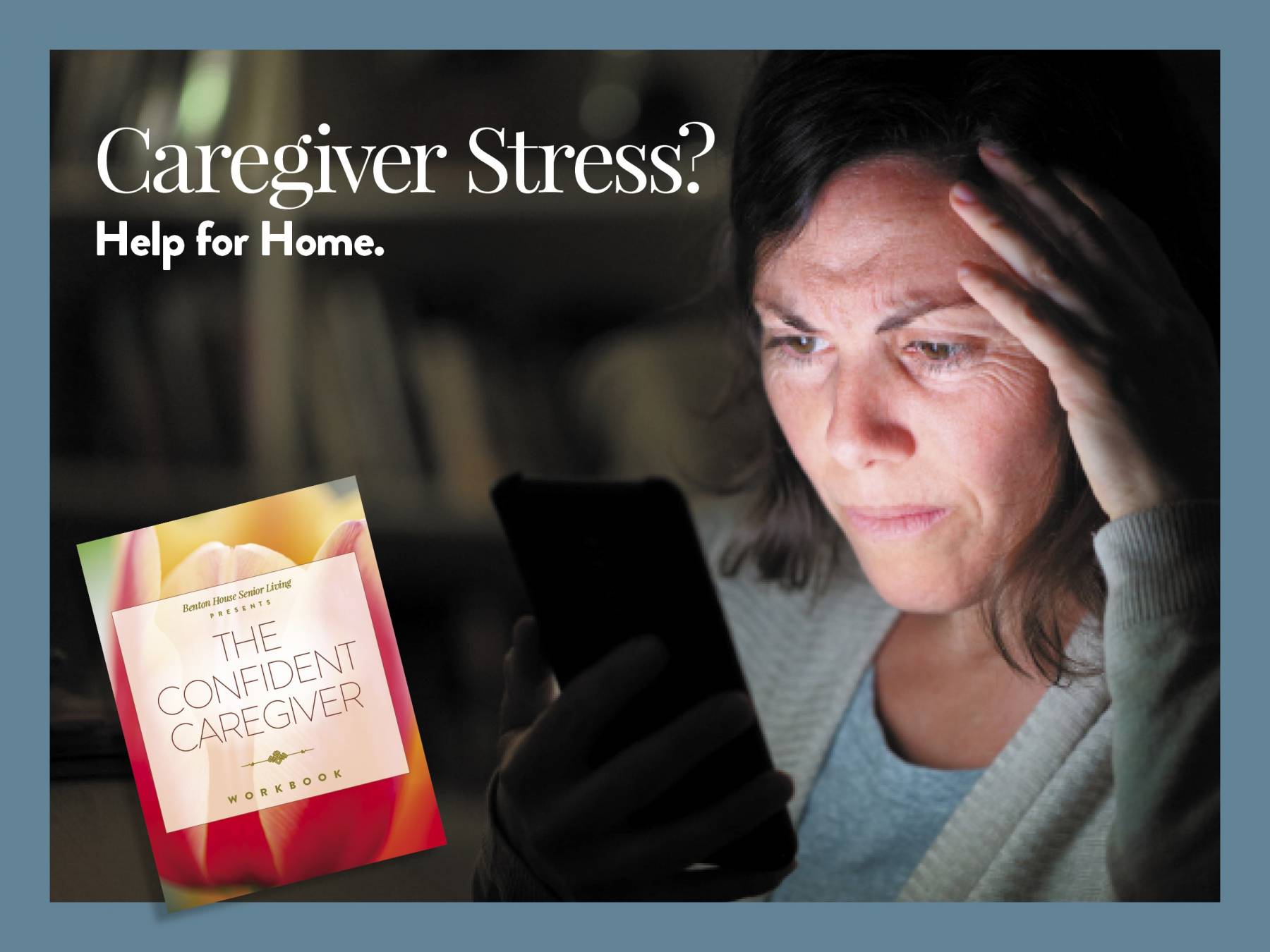Cardiovascular disease (CVD) — which includes heart disease, stroke, and high blood pressure — is extremely common among older adults in the United States. While the risks increase with age, many of these conditions can be managed or even prevented with the right care and attention. Whether you’re a caregiver, family member, or close friend, understanding how to support heart health is one of the most important ways you can help your loved one maintain a good quality of life.
Why Are Seniors More at Risk?
As we age, our heart and blood vessels naturally undergo changes. Arteries may become stiffer, blood pressure often rises, and the heart can become less efficient at pumping blood. These changes increase the likelihood of developing CVD. According to the Centers for Disease Control and Prevention (CDC), roughly 70% of adults over age 65 have some form of cardiovascular disease.
In addition to age-related changes, other factors raise the risk:
-
High blood pressure and high cholesterol – common in older adults and major contributors to heart disease.
-
Diabetes – particularly type 2, which increases the risk of both heart disease and stroke.
-
Smoking history – even past smoking can leave lasting damage to blood vessels.
-
Physical inactivity – many seniors reduce activity due to pain, fatigue, or mobility issues, which can impact heart health.
-
Diet high in sodium or saturated fat – often linked with processed foods or convenience eating habits.
-
Obesity – excess weight puts strain on the heart and circulatory system.
Caregivers should keep in mind that these factors often overlap. That’s why prevention and monitoring are both so important.
Signs to Watch For
Heart problems don’t always come with a dramatic warning, especially in seniors. Symptoms may appear gradually or may be mistaken for “just getting older.” That’s why it’s important to be alert for:
-
Chest pain or discomfort – especially if it happens during activity or stress.
-
Shortness of breath – even during routine tasks like dressing or walking across a room.
-
Fatigue or weakness – that doesn’t improve with rest.
-
Swelling – in the feet, ankles, or legs (a sign of fluid buildup).
-
Lightheadedness or fainting
-
Irregular heartbeat or palpitations
Some seniors may also experience confusion or memory issues due to reduced oxygen flow, especially during a cardiac event. Always take symptoms seriously. If you suspect a heart attack or stroke, call 911 immediately.
What Caregivers Can Do
You don’t need to be a medical expert to help someone manage or reduce their risk of heart disease. As a caregiver, your day-to-day support and advocacy can make a huge difference. Here are a few impactful ways to help:
- Encourage Healthy Habits: Support your loved one in building small, sustainable lifestyle changes. Choose meals that emphasize vegetables, fruits, whole grains, and lean proteins. Limit processed snacks and foods high in sodium. Physical activity doesn’t have to mean strenuous exercise—daily walks, chair yoga, or stretching can all support cardiovascular health.
- Monitor Medications: Many older adults take medications for blood pressure, cholesterol, or arrhythmia. Make sure prescriptions are taken as directed, refills are kept on schedule, and side effects are noted. Pill organizers and reminder apps can be helpful tools.
- Attend Medical Appointments Together: If you’re able, join your loved one at doctor visits. Take notes, ask questions, and help track symptoms or concerns. Having an advocate in the room can ensure better communication and more personalized care.
- Know the Numbers: Stay familiar with your loved one’s key health stats: blood pressure, cholesterol, and blood sugar. The National Heart, Lung, and Blood Institute (NHLBI) emphasizes the importance of regular screenings to catch early signs of disease or track how well treatment is working.
- Watch for Depression or Isolation: Emotional health affects physical health. Seniors living with heart disease may become anxious, depressed, or socially withdrawn. Encourage connection with others, involvement in hobbies, or participation in local senior programs.
Prevention Still Matters—At Any Age
Some people believe that once a person is older, it’s “too late” to make a difference. That couldn’t be further from the truth. The American Heart Association confirms that adopting healthier habits—even later in life—can lead to better heart function, fewer hospital visits, and improved quality of life.
Changes don’t have to be overwhelming. Focus on small, realistic goals:
-
Replacing one salty snack a day with a fruit or veggie
-
Choosing water over soda
-
Taking short, regular walks
-
Creating a daily routine for medication and rest
Celebrate progress and stay positive. Encouragement from a trusted caregiver can go a long way.
Final Thoughts
Caring for a senior with cardiovascular disease may feel daunting at times, but you’re not alone. Understanding the condition, watching for signs, and supporting healthy routines all play a role in keeping your loved one safe and well.
Every conversation you have, every appointment you attend, every meal you help plan contributes to their heart health. Keep asking questions, stay informed, and remember — your care truly makes a difference.
Next Steps
You can always get compassionate, tailored support from us in one of these three easy ways — all completely free.
Visit our support page to request your complimentary Caregiver Workbook.
Call our Caregiver Hotline for free custom support at 855-461-2552. All questions welcome.
Send us a message describing how we can support you. Choose whether you’d like us to reach out: text, email, or snail mail.
There is no charge for these services. They’re simply an extension of our mission to help every family who calls.



